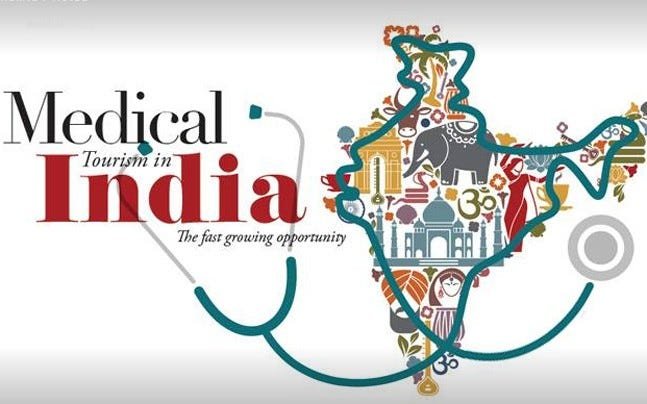Being a medical interpreter is a highly specialized profession. It is for this reason that many translators do not dare to go into this field. In fact, many think that they need an official medical qualification in order to be a medical interpreter. In general, interpreters in healthcare settings must be fluent in a language pair. In order to become a certified medical translator, a person requires certification, pass language proficiency tests and gain experience.
With the increase in a number of hospitals today, the demand and importance of interpreters in healthcare are also increasing day after day. It involves the translation of numerous documents, informed consent forms, study agreements and budgets, patient information etc. Moreover, it covers translation of medical device, patient’s medical histories, medical market research surveys and more.
Importance of Certified Medical Translator
Have you ever wondered why interpreters are important in every healthcare? The reason is very simple. In order to improve the service offered by any health care center, the figure of a medical translator is crucial. Interpreters have the ability to provide extra assistance both to doctors or any other medical specialist and patients. Some examples to prove the need for a medical translator in any health center are
To help patients with legal advice
To give proper medical instruction through easy communication
To save lives during emergency situations
Certified medical translators are a necessity of working with and overcoming verbal barricades in patient’s relation. Unfortunately, according to the medical interpreter’s stories, most of the healthcare organizations services are either poor or have no translator services at all. Therefore, patients who are limited to LEP (English – proficient) often do not receive quality health care.
Generally, patients suffer when a doctor and his patient have unsatisfactory communication. As a matter of fact, studies have shown that due to an improper or incomplete conversation between doctors and patients, misdiagnosis and improper treatment are far more likely to occur.
Types of medical interpreter
There are two types of Medical interpreters, general Medical interpreter, and Specialist Medical translators.
General Medical Interpreter: This type of translator requires having a basic knowledge of the medical field. His work is to translate documents for common people (who have the least knowledge of medical). They work for the administration of hospitals by providing patients with accurate information. However, these medical interpreters need training to understand the basics of medical idioms and other aspects that are important to understand and translate.
Specialist Medical Interpreter: On the other hand, a specialist medical translate technical and scientific records. These documents contain specific information such as medical journal articles. Therefore, a specialist translator must possess a thorough understanding of the specialization, including all the medical terms. The interpreter is given the complete job of interpretation and translation of the medical documents.
Reasons healthcare providers need interpreters
In general, patients need the assistance of a certified translator to understand and rely on information given by the doctor. Therefore, accurate medical translation is essential to provide the highest quality health care. There can be various advantages and disadvantages of using interpreters in health care. Below are a few advantages of using translation services in the healthcare industry:
Reduces patient risk
Complies with government regulation
Raises the quality of medical care
Provides accurate medical histories
Boosts your community reputation
Furthermore, they are now a major requirement in hospitals and medical associations, helping doctors and patients to work together. The biggest advantage of having medical interpreters is to make the job easier and faster.
Disadvantages of not having an interpreter in health care centers
Inaccurate medical documents and reports
Increases risk of misunderstanding and misdiagnosis
Inaccurate communication
Weakens patients satisfaction
Fails to comply with laws and regulation
Minimizes reimbursements and maximizes penalties
There are many cases happening around medical industry is facing issues of miscommunication between patients and doctors. This is the reason why medical interpreters are important. Medical companies and hospitals are investing on medical interpreters and companies that offer the service. This makes things easier and communication becomes smooth.




